On behalf of the Politburo , General Secretary To Lam has just signed and issued Resolution 70 on ensuring national energy security until 2030, with a vision to 2045. If Resolution 55 has laid the foundation for strategic orientation, Resolution 70 is considered a stronger step forward when it concretizes goals, mechanisms and solutions, closely follows reality, and directly addresses urgent issues of the energy sector.
The new resolution is not only a guideline to realize the two strategic targets of 2030 and 2045, but also affirms the Politburo's determination to maintain energy security - a pillar for sustainable socio-economic development.
Resolution 70 paves the way for a competitive and transparent electricity market.
Resolution 70 has set out many specific tasks and solutions to ensure and promote energy development until 2030, with a vision to 2045.
In particular, the Politburo requested to develop the electricity market in the direction of increasing competitiveness, transparency, efficiency, and synchronization with ensuring energy security. Effectively implement the direct electricity trading mechanism, while enhancing the right of choice of electricity customers in accessing and selecting electricity suppliers that suit their needs.
Sharing with Dan Tri reporter, Dr. Nguyen Quoc Viet - Economic expert, lecturer at the University of Economics (Hanoi National University) - commented that Resolution 70 of the Politburo that was just issued has covered many issues, while raising the level of previous strategic policies on development and ensuring energy security.
"The outstanding new point of Resolution 70 is the determination to perfect institutions and remove bottlenecks to create momentum for sustainable energy development, especially with new energy sources. At the same time, the resolution emphasizes the need to complete the restructuring of the electricity industry according to the competitive market roadmap that has been initiated over the past decade," he said.
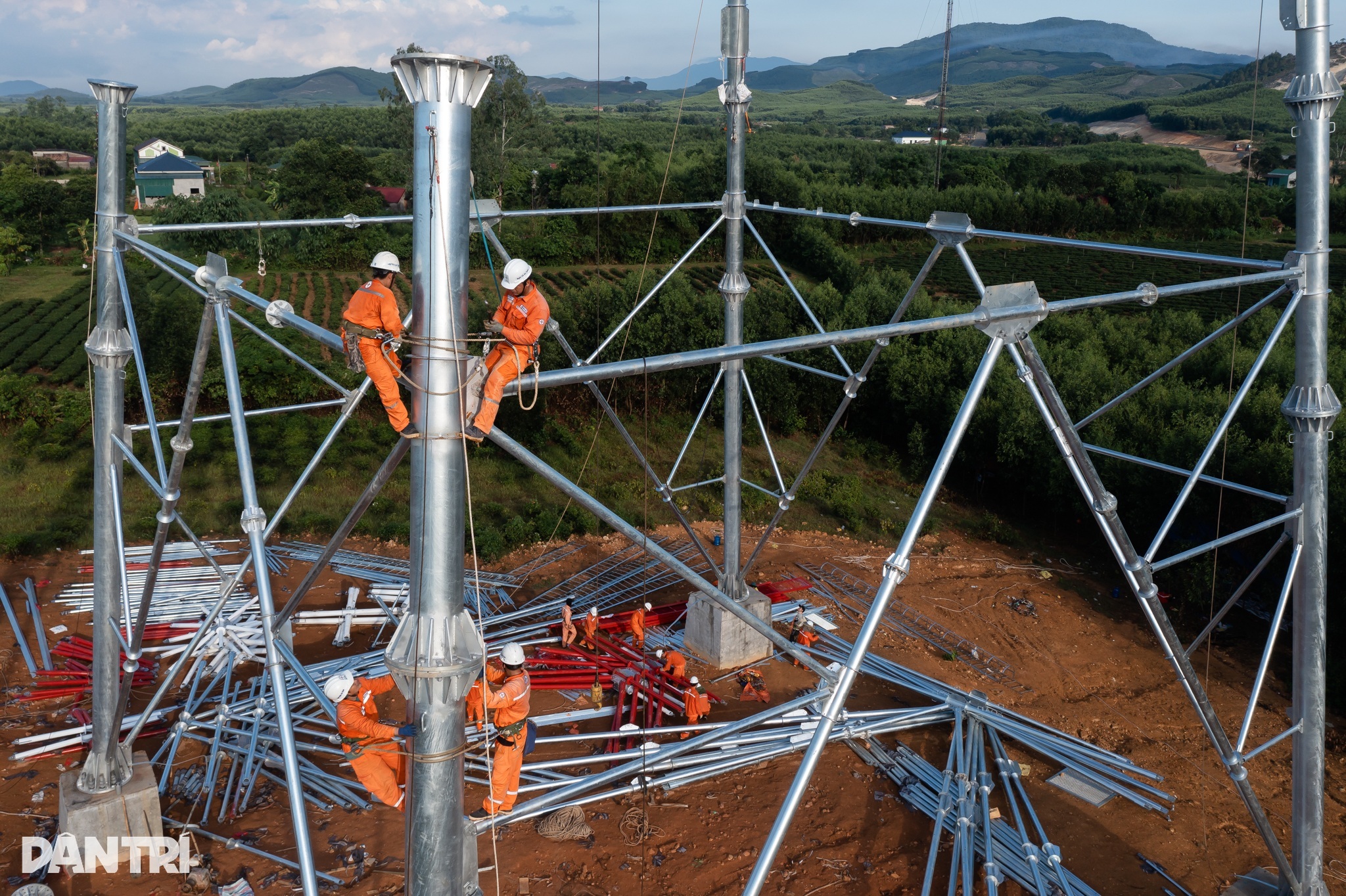
Workers constructing the 500kV Quang Trach - Pho Noi transmission line through the Central region (Photo: Nam Anh).
According to Mr. Viet, institutional reform to promote the participation of the private sector is considered a breakthrough, in line with the spirit of Resolution 68 on the central role of the private economy in economic development. Resolution 70 affirms the principle of non-discrimination, ensuring equality among market participants, while encouraging and facilitating the private sector to participate more strongly in energy development.
"Notably, in addition to developing the electricity source and wholesale market, Resolution 70 also sets out the direction for research and gradually socializing the transmission, distribution and retail of electricity. This is an issue of concern to many people," said Dr. Nguyen Quoc Viet.
Accordingly, EVN no longer has a monopoly on power sources as many private, BOT and foreign-invested enterprises have participated, but EVN still dominates the transmission and retail stages. Therefore, opening the mechanism for private enterprises to participate according to the roadmap will help gradually reduce monopoly and increase transparency in prices and service quality.
"When the retail electricity market is expanded, the greatest benefit will belong to consumers. Many competing suppliers will eliminate cross-subsidy in electricity prices, making prices reflect true costs, while providing more diverse and specialized services, such as green electricity product packages serving sustainable production and consumption needs - especially for export processing enterprises," Mr. Viet cited.
In addition, mechanisms such as direct power purchase agreements (PPAs) between large customers and generators will also work with the retail market, increasing choices for users in the context of Vietnam's commitment to Net Zero by 2050.
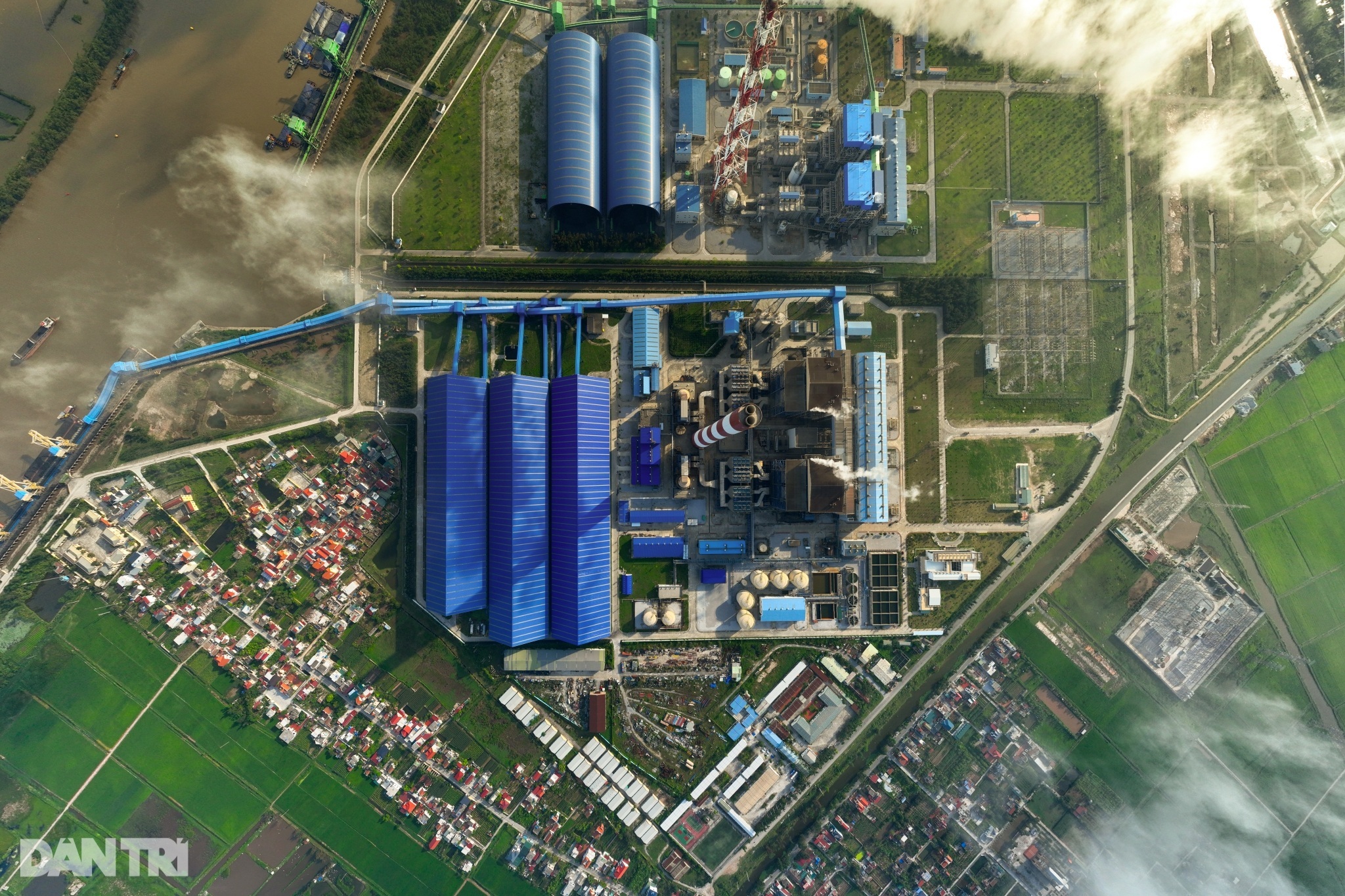
Thai Binh 2 Thermal Power Plant, invested by PVN in coordination with EVN's distribution and operation channels, uses TKV's coal for production (Photo: Manh Quan).
Dr. Viet emphasized another important point: Resolution 70 aims to build a self-sufficient energy market and reduce import dependence. This is concretized through solutions such as developing nuclear power, forming a comprehensive energy industrial ecosystem with national energy centers, transmission and distribution infrastructure, smart grids, and promoting new energy sources such as hydrogen and green ammonia.
According to Dr. Ngo Duc Lam, former Deputy Director of the Institute of Energy (Ministry of Industry and Trade), Resolution 70 of the Politburo has created an important foundation to ensure energy security in the coming period while addressing practical and urgent issues of the industry.
He said that recent practice has shown that many energy projects are behind schedule and many targets have not been met, mainly due to inadequate management mechanisms. If we continue to operate in the old way, it will be difficult to ensure national energy security.
“Resolution 70 clearly states that the market mechanism must be implemented in a substantive manner, ending the formality, lack of transparency and heavy monopoly. The key point is to introduce an electricity price regime that no longer has cross-subsidy, business must be transparent and reflect true costs. At the same time, the electricity market must diversify participants, ensuring fairness and consistency in all stages, in which private enterprises have the right to participate equally,” he analyzed.
Removing institutional bottlenecks, opening up capital mobilization
To realize Resolution 70, according to Dr. Viet, the top priority is to perfect the legal and institutional framework. This is considered the “bottleneck of all bottlenecks”, when the lack of clarity is causing many new energy projects, especially renewable energy, to be delayed. Typically, the transition process from the FIT mechanism to the new mechanism is still confusing.
"It is important to perfect the new institution appropriately, however, there needs to be a pilot step to avoid negative impacts on related fields. Besides, to achieve the goal of energy self-sufficiency and develop new energy sources, it is necessary to build an investment mobilization mechanism, especially coordination between the State, private sector and foreign countries," he said.
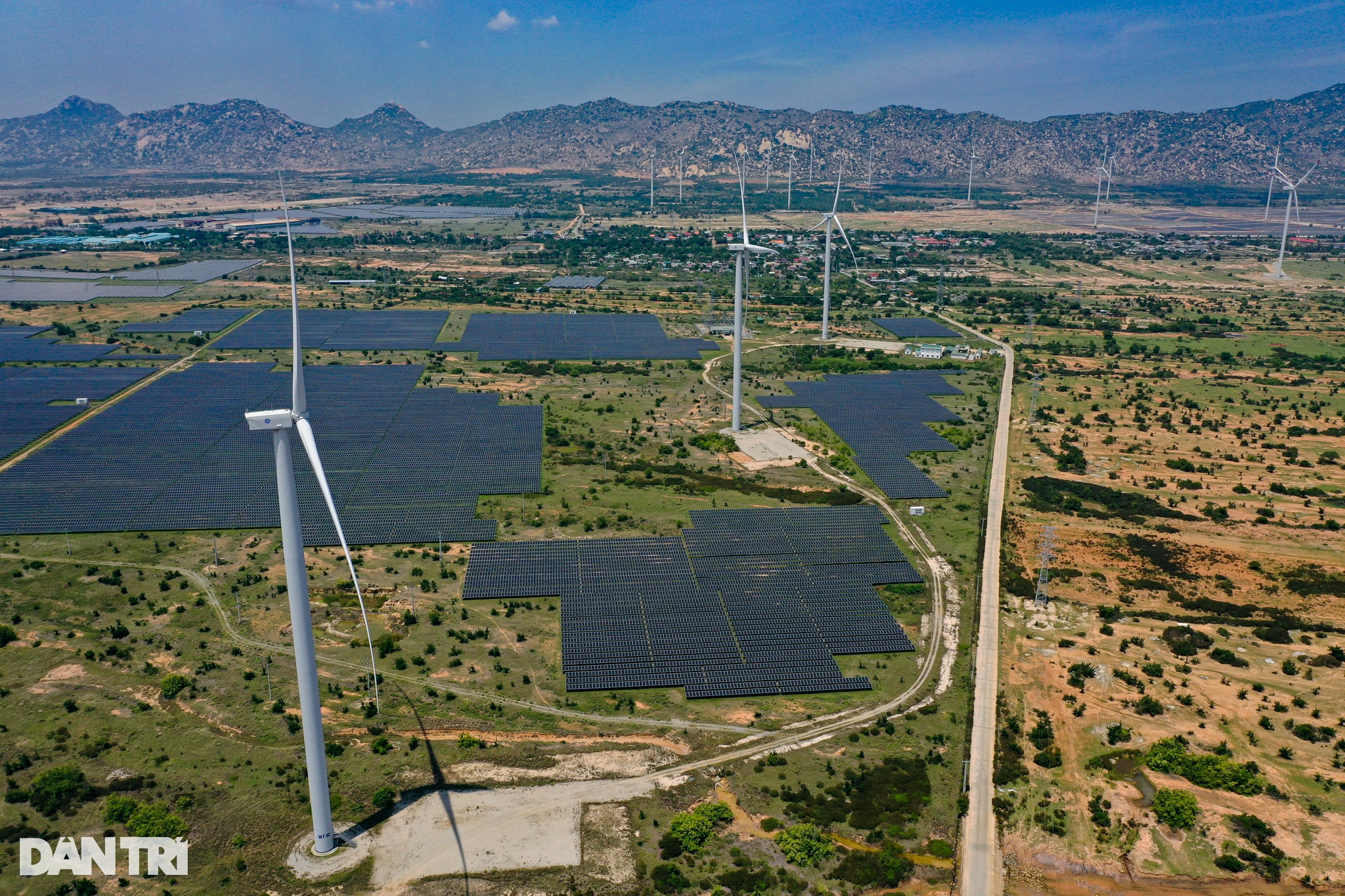
Resolution 70 aims to increase the proportion of renewable energy to 30% of total energy supply by 2030 (Photo: Nam Anh).
According to Mr. Viet, the capital demand for new energy projects is huge, while the ability to self-finance is limited. Therefore, the public-private partnership (PPP) model must be designed to be more transparent and favorable to attract participants. In the long term, it is necessary to promote research and development (R&D), application of science and technology and innovation to increase competitiveness.
According to Dr. Ngo Duc Lam - former Deputy Director of the Institute of Energy (Ministry of Industry and Trade) - the most basic thing is to redefine the electricity market mechanism to have a basis for effective monitoring and operation. A real electricity market must be synchronized in all stages, ensuring that investors can participate equally from generation, wholesale, transmission, distribution to retail.
“In addition, the competition mechanism must ensure fairness and transparency. The average electricity price must be calculated clearly, reflecting the true cost of production. When input costs increase, the electricity price can increase, but when costs decrease, the price must also be adjusted down accordingly. This is the true market mechanism,” he emphasized.
According to him, to concretize the spirit of Resolution 70, market principles need to be institutionalized by law, binding for implementation, avoiding the situation where policies stop at just guidelines. At the same time, the electricity industry also needs to strongly reform its apparatus to meet the new needs of the economy.
"Currently, many export enterprises want to buy clean electricity to meet the requirements of import markets and are willing to pay higher prices, but the current mechanism does not allow them to choose suppliers," he said.
Proposal to soon institutionalize the content of Resolution 70
From the business perspective, at the meeting to implement Resolution 70 of the Politburo on the afternoon of September 4, Mr. Nguyen Anh Tuan, General Director of Vietnam Electricity Group (EVN) assessed that Resolution 70 sets out major and comprehensive orientations, creating a basis for units in the Ministry of Industry and Trade, corporations, general companies and energy enterprises to deploy specific action plans.
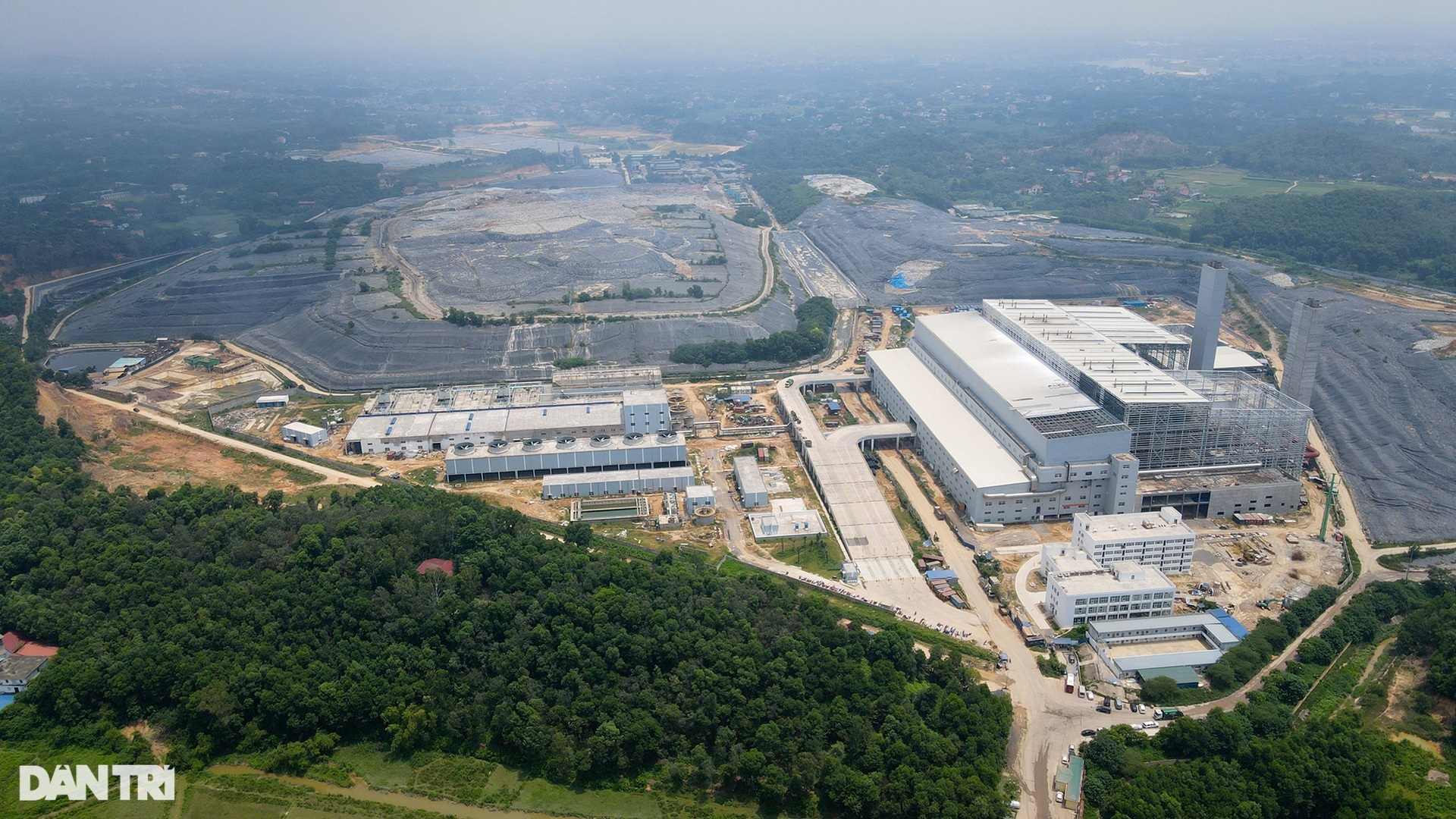
Soc Son Waste-to-Energy Plant (Hanoi) is the largest waste-to-energy plant in Vietnam (Photo: Quan Do).
EVN has proactively assigned functional departments to develop programs and action plans to concretize the spirit of Resolution 70. The leader of this enterprise believes that it is necessary to soon apply a two-component electricity price mechanism. If fully and transparently implemented, this mechanism will eliminate the need to maintain price differences between electricity buyers.
In addition, it is necessary to build a mechanism to mobilize electricity sources suitable for energy security, prioritizing base sources (coal, gas), while encouraging renewable energy to invest in storage systems, ensuring the ability to participate in a transparent and fair electricity market...
Mr. Phan Tu Giang, Deputy General Director of the Vietnam National Energy and Industry Group (PVN), said that the enterprise is researching and developing an action program to concretize the spirit of the Resolution. PVN leaders recommended that the Ministry of Industry and Trade continue to advise the Government and the National Assembly to soon institutionalize the contents of Resolution 70, which is extremely urgent.
Deputy Minister Nguyen Hoang Long assessed that Resolution 70 has opened a new chapter in ensuring energy security, in the era of strong, prosperous and powerful development of the nation. To meet the requirements of high growth, the energy sector, especially the electricity sector, needs to break through one step ahead, creating a solid foundation for socio-economic development.
The Deputy Minister emphasized that the resolution is just the beginning. The biggest challenge is to organize and implement it in practice. This is a difficult and arduous period, requiring determination, creativity and the spirit of "do it now, do it now". There is no longer the concept of progressing step by step, but must immediately resolve difficulties and obstacles in mechanisms and policies.
Source: https://dantri.com.vn/kinh-doanh/chuyen-gia-nghi-quyet-70-tao-dot-pha-nguoi-dan-duoc-chon-mua-dien-20250905135433479.htm






![[Photo] Hanoi morning of October 1: Prolonged flooding, people wade to work](https://vphoto.vietnam.vn/thumb/1200x675/vietnam/resource/IMAGE/2025/10/1/189be28938e3493fa26b2938efa2059e)

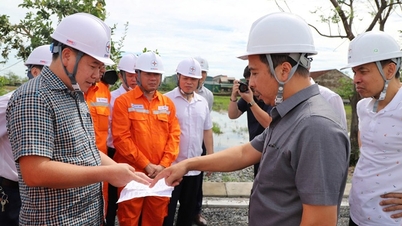

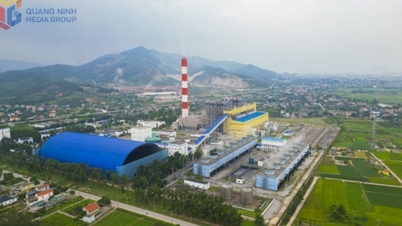

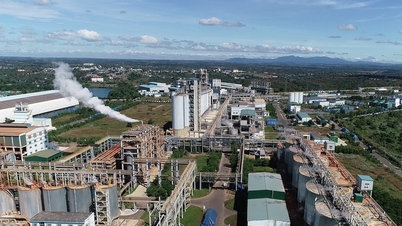


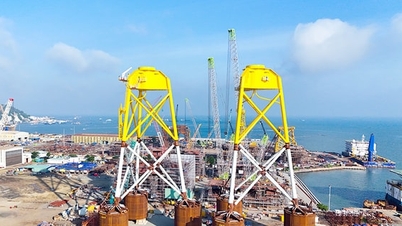

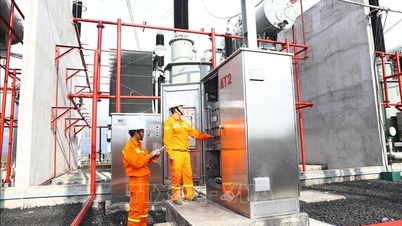

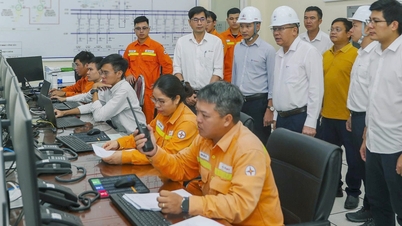

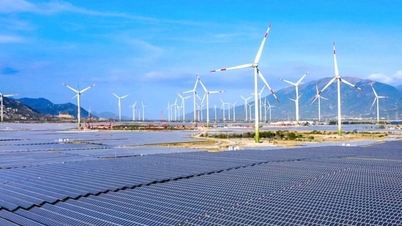
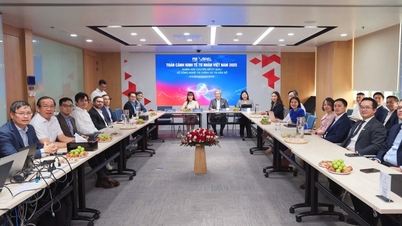
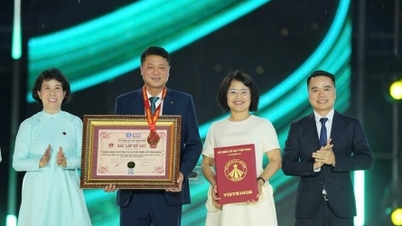







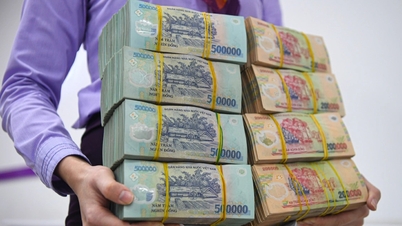
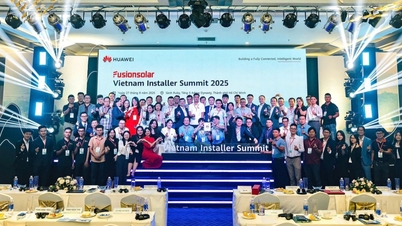




![[Photo] Panorama of the cable-stayed bridge, the final bottleneck of the Ben Luc-Long Thanh expressway](https://vphoto.vietnam.vn/thumb/1200x675/vietnam/resource/IMAGE/2025/9/30/391fdf21025541d6b2f092e49a17243f)
![[Photo] The 1st Congress of Phu Tho Provincial Party Committee, term 2025-2030](https://vphoto.vietnam.vn/thumb/1200x675/vietnam/resource/IMAGE/2025/9/30/1507da06216649bba8a1ce6251816820)
![[Photo] President Luong Cuong receives President of the Cuban National Assembly Esteban Lazo Hernandez](https://vphoto.vietnam.vn/thumb/1200x675/vietnam/resource/IMAGE/2025/9/30/4d38932911c24f6ea1936252bd5427fa)




















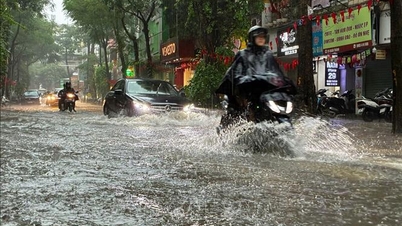
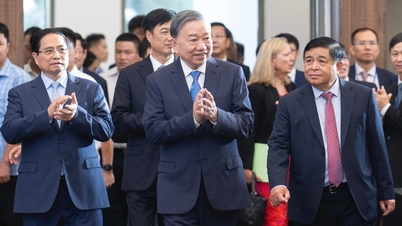
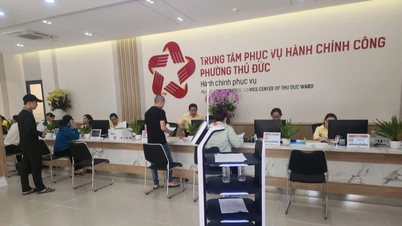

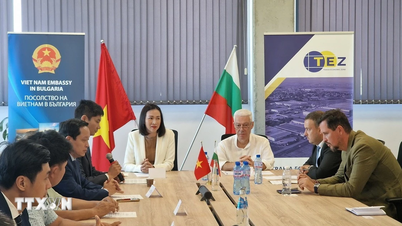
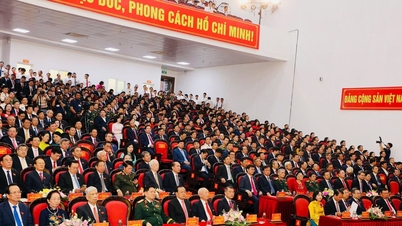

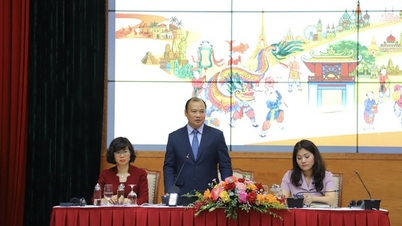



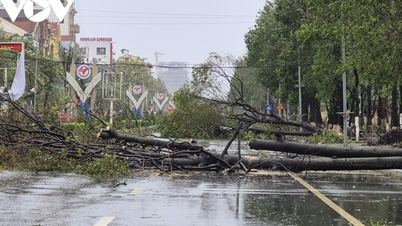


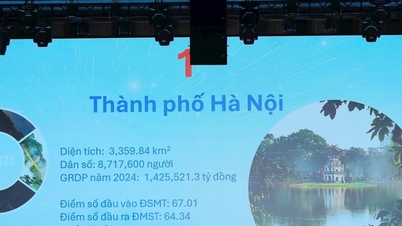
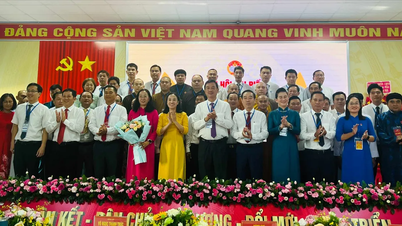






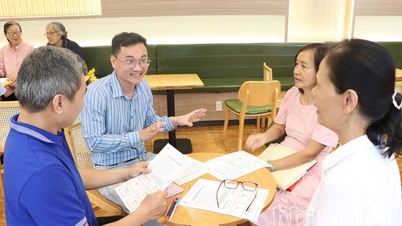














Comment (0)